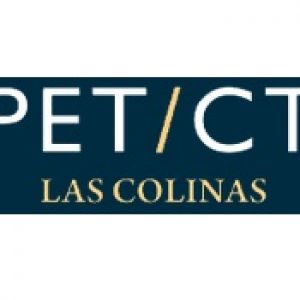PET Scans Are Precise and Accurate for the Best Treatment Outcomes
Posted by PET-CT Las Colinas on February 26th, 2019

In oncology, nuclear imaging tests have played a significant role in cancer treatment. Oncologists prefer using PET scans to determine the course of treatment because of their accuracy. The main advantage of a PET scan over an X-ray is that it can show how a specific part of the patient’s body is working, and not just how it looks.
What do Positron emission tomography (PET) scans do?
- Detect the presence of cancer
- Show the spread of cancer
- Reveal cancer’s stage
- Help physicians decide on a suitable treatment option
- Indicate to doctors the effectiveness of an ongoing therapy
- If done several weeks after a patient starts lung cancer radiation treatment, a PET scan may indicate whether the tumor will be responsive to treatment
- It may also be used to diagnose a body’s health condition or show the development of an existing condition and to see the effectiveness of an ongoing treatment.
The PET scan usually uses radiation, or nuclear medicine imaging, to display three-dimensional, colored images of the human body’s functional processes.
Important facts for patients planning to undergo a PET scan
- Patients should not eat food 4 to 6 hours before the scan. They should drink lots of water instead.
- PET scans aren’t painful
- Patients can go home after the scan completes
- Patients are advised to drink plenty of water after the scan to help remove the radioactive drugs from the system. Experts say that after entering the body, it takes three to four hours for the radiotracers to exit the body.
- During the scan, it’s advisable that patients stay as calm as possible. Depending on the part of the body undergoing the scan, the entire process can take anywhere between 30 and 60 minutes. Patients are given a buzzer, which they can use to alert the staff in case they feel uncomfortable.
About Author
PET / CT of Las Colinas was developed with both patients and physicians in mind and our services have been used for various types of disease; primarily in detecting, staging and monitoring cancer, but also in heart disease and brain disorders.



